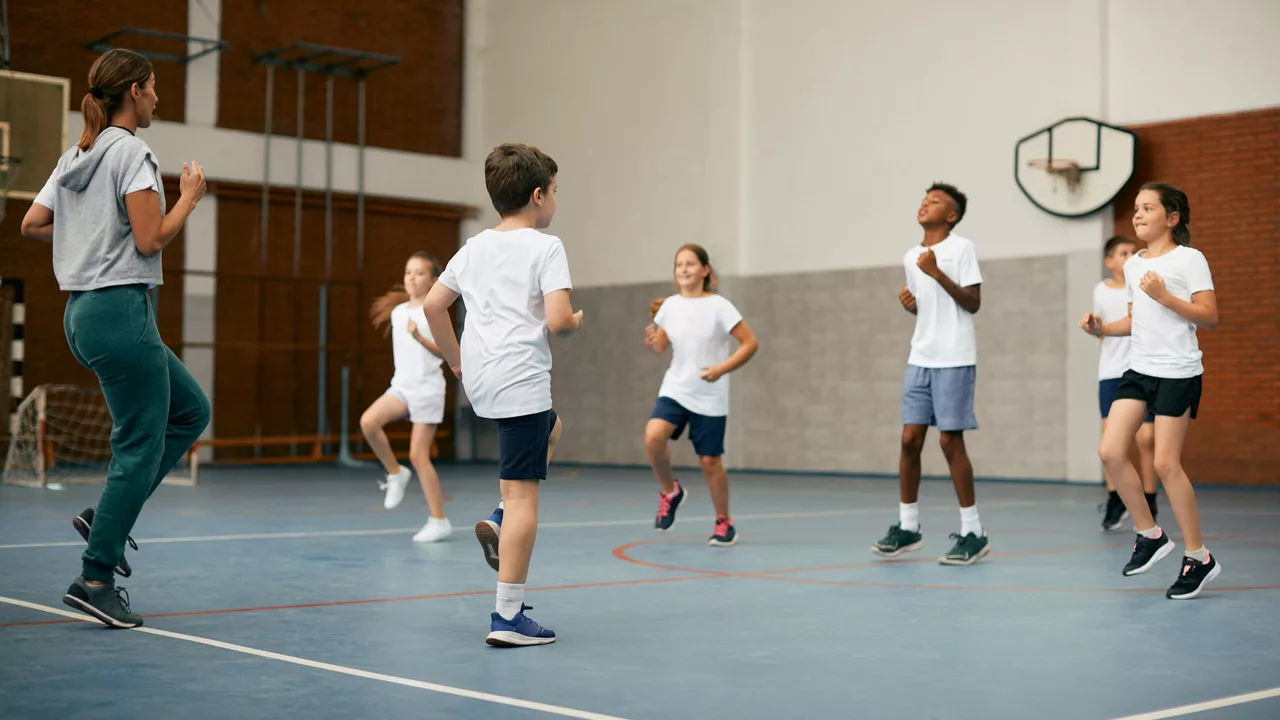High School Sports and Travel: Practical Tips for Young Athletes
High school is the time you start juggling practice, homework, and maybe a road trip to a tournament. It can feel like a nonstop sprint, but with the right plan you can keep your grades up, your game sharp, and still have fun exploring new places.
Balancing Academics and Athletics
First thing’s first: schools expect you to stay on top of classwork. Set a weekly schedule that blocks out study time right after practice, not before. When you treat study blocks like a team meeting, you’ll find you’re more focused and finish faster. Use digital tools – a simple calendar app can remind you of upcoming tests, practice drills, and travel dates all in one place.
Don’t forget to talk to teachers early if you know a big game or tournament is coming up. Most educators are willing to give extensions or adjust deadlines when they see you’re proactive. A quick email explaining the situation and offering a plan to make up work goes a long way.
Travel Smart for Games and Tournaments
Travel can be the most exciting part of high school sports, but it also brings challenges. Pack a "game bag" that includes extra socks, a hydration pack, and a mini first‑aid kit – you’ll thank yourself when you’re on the road. If you’re heading out of state, research the venue ahead of time. Knowing where the locker rooms are and the layout of the stadium helps you avoid last‑minute stress.
Plan your meals. Eating a balanced breakfast and lunch before a game fuels performance, but airport or bus snacks are often sugary and low on protein. Pack portable snacks like nuts, fruit, or a protein bar to keep energy steady.
When you’re not on the field, use the downtime to explore the host city. A quick walk to a local park or a bite at a well‑rated café can turn a long bus ride into a mini‑adventure. Just remember to set a alarm so you’re back in time for the next practice.
Scholarships start in high school, and showing you can handle travel and academics together makes you stand out. Coaches love athletes who can manage time, stay disciplined, and still bring enthusiasm to the locker room.
Finally, keep a small journal of each trip. Note what worked – like a good sleep routine – and what didn’t, such as a meal that left you sluggish. Over time you’ll build a personal playbook for travel that helps you hit peak performance every time you hit the road.
High school sports aren’t just about the scoreboard; they’re a chance to learn life skills that stick with you long after graduation. With a solid schedule, smart packing, and a little curiosity about new places, you’ll ace both class and the field while making memories that last a lifetime.

How much time did you spend playing sports in high school?
Reflecting on my high school days, I spent a significant amount of time participating in sports. I devoted about 15-20 hours a week to practice, games, and tournaments. Sports, especially basketball and soccer, were an integral part of my high school experience, contributing to my physical fitness and teamwork skills. Looking back, I believe the time spent was worthwhile as it not only kept me active but also helped shape my discipline and resilience. Despite the demanding schedule, I wouldn't change a thing about my high school sports involvement.
© 2026. All rights reserved.